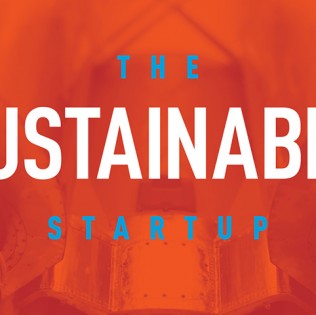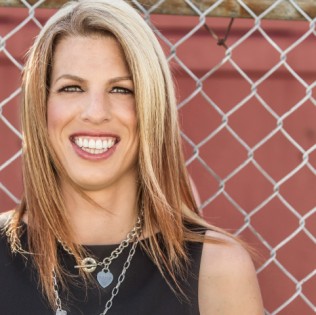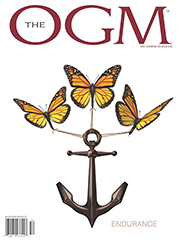by Tina Pomroy
Published on August 23rd, 2012
Managing Your Energy
Finding the Work-life Balance at IOC
In a world of scheduled deadlines that concerns itself with the many aspects of commerce, such as preventing injuries, maintaining equipment, managing supply chains, satisfying shareholders, creating value for customers, dealing with economic downturns, there is still a constant—people. And in busy and fast-paced environments, people need high energy to perform at their best.
Today’s labor market in the natural resources sectors is squeezed, and companies are trying new and innovative ways to create an attractive workplace and a high-performance workforce. Iron Ore Canada (IOC), managed by Rio Tinto, is one of those companies.
IOC is the largest manufacturer of iron ore pellets in Canada. The company operates a mine, a concentrator and a pelletizing plant in Labrador City, Newfoundland and Labrador, as well as port facilities located in Sept-Iles (Quebec). The culture at IOC fosters high energy to meet work goals and challenges. The company’s philosophy is informally called “Managing Your Energy.”
This philosophy teaches that humans have natural biorhythms or patterns of change that determine when a person has high or low energy. He or she works best when energy is high, and everyone’s biorhythms are different. Working a 9-5 day may be necessary in some instances, but when it’s not, allowing employees to work when their energy is up can improve productivity—or at the very least, create a more energized workforce.
IOC encourages its team leaders to cultivate a high-energy work environment by allowing employees to manage their own energy, follow their own natural biorhythm flow, work their own hours, and take action to escalate energy when it has dropped. It’s the responsibility of the employees to work when they feel their natural biorhythms are high and energize themselves when they are feeling low.
The “Managing Your Energy” program takes body and mind into consideration. Often exercise or physical movement will increase energy levels. People are not tied to their desks at IOC—they have walking meetings or meet in the sunshine; they work from home; they pick up their children from school, spend time with them in the middle of the day and work remaining hours in the night. A program like “Managing Your Energy” provides flexibility for employees. It allows them to take care of their family, physical, emotional and mental needs while getting the job done. Performance is still managed. Results are still required. But leadership recognizes that work is part of one’s life—not separate from it.
IOC’s President and CEO, Zoe Yujnovich, is the youngest female CEO at Rio Tinto, a worldwide leader in finding, mining, and processing the earth’s mineral resources. Zoe’s leadership capacity has a direct impact on the success of Managing Your Energy at IOC. With a long history at Rio Tinto, Zoe has had responsibilities ranging from mine operation safety to successfully managing the divestment of Rio Tinto Brazil. Along with an inspiring work portfolio, Zoe inspires others by how she leads her own life—she is a mother of three, has competed in sports like rowing and swimming and has lived in eight countries. She believes in being there for her family and leads a balanced life, and that is the culture she fosters at IOC.
At the root of business success—even in a highly technical and industrial organization—are people that perform in alignment with business strategies and objectives. When employees are balanced and energized, they are more likely to perform better, are better able to manage difficult situations, and can assess safety risks more successfully. Giving employees the responsibility to manage their own work-life balance means providing an environment that supports this flexibility. Policies, processes, strategies, and attitudes need to be in alignment.
IOC is strategic in its approach to providing a work environment that supports high energy and high performance. Ultimately, it is about attracting the people required to achieve results and providing an environment for them and their families so they will be productive and safe—and stay.
Did you enjoy this article?



 The 7 Principles of a Sustainable Startup
The 7 Principles of a Sustainable Startup Daring Leaders: 5 Qualities they MUST have
Daring Leaders: 5 Qualities they MUST have Canadian LNG on Ice? Where Will the Puck Stop?
Canadian LNG on Ice? Where Will the Puck Stop? Mission Critical
Mission Critical Executive Protection - Its Smart Business Insurance
Executive Protection - Its Smart Business Insurance